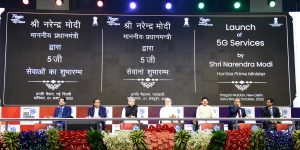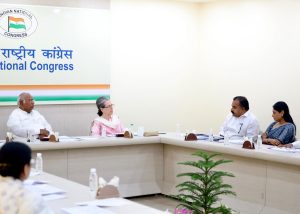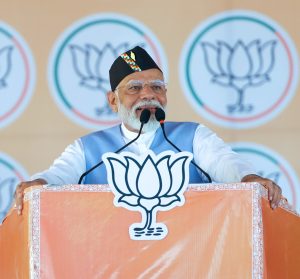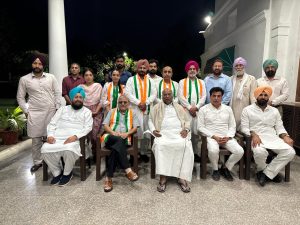USA plans big changes in H-1B visa rules
USA plans big changes in H-1B visa rules
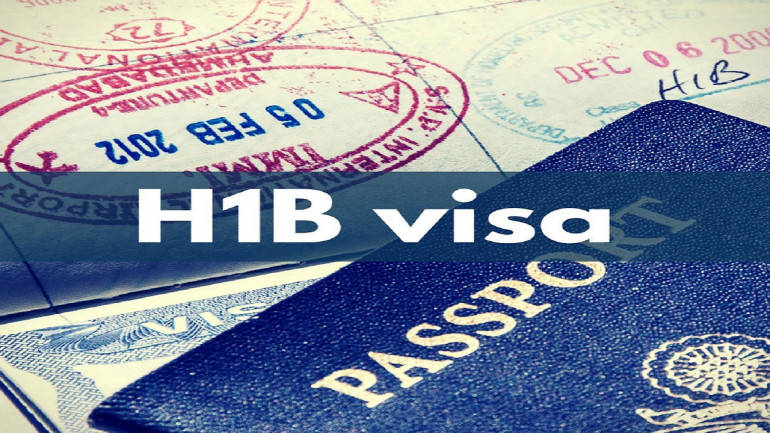
WASHINGTON : The Donald Trump administration said it is planning to ?revise? the definition of employment and specialty occupations under the US H-1B visas by January, a move which will hit Indian IT companies in the US and small and medium-sized contractual firms mostly owned by Indian-Americans.nnThe H-1B is a non-immigrant visa that allows US companies to employ foreign workers in specialty occupations that require theoretical or technical expertise.nnIT companies depend on these visas to hire tens of thousands of employees each year from countries like India and China.nnThe Trump administration is reviewing the H-1B visa policy that it thinks is being misused by companies to replace American workers with foreign ones. The administration has also said it wants to revoke work permits to H-4 visa holders, a significant majority of whom are Indian-Americans and women.nnThe move will have a major impact on Indian women as they are the major beneficiaries of the Obama-era rule.nnThe Department of Homeland Security (DHS) said on Wednesday that the US Citizenship and Immigration Services (USCIS) plans to come out with its new proposal by January 2019.nnThe DHS said it is also proposing to remove from its regulations certain H-4 spouses of H-1B non-immigrants as a class of aliens eligible for employment authorization.nnThe move to end the rule could have an impact on more than 70,000 H-4 visas holders, who have work permits. Such visas are issued by the USCIS to immediate family members (spouse and children under 21 years) of H-1B visa holders.nnThe DHS said it will ?propose to revise the definition of specialty occupation? to focus on obtaining the best and the brightest foreign nationals through the H-1B programme.nnIt will also ?revise the definition? of employment and employer-employee relationship to ?better protect? US workers and wages. In addition, the DHS will propose additional requirements designed to ensure employers pay appropriate wages to H-1B visa holders, the administration said.nn?This is a very important issue for us which is why we have time and again at different levels taken up this matter with the US?side,? India?s foreign ministry spokesman Raveesh Kumar told reporters in New Delhi. The matter was last discussed with US secretary of state Mike Pompeo during his visit here on 6 September, said Kumar.nn?We are closely engaged with the US administration and the US Congress on this matter. It is correct that the administration has taken measures to prevent misuse of this programme. And certain bills have been introduced. I think what we get to hear are the provisions from those bills. But it is important to know that none of these bills have been passed,? said Kumar.nn?When we have engaged with the US, we have emphasized that the partnership that we have in the digital sphere has been mutually beneficial. We have highlighted the role that has been played by the highly-skilled Indian professionals who have actually contributed to the growth and development of the US economy and helped the US maintain its competitive edge in the world,? he said.nnThe move, which is part of the Unified Fall Agenda of the Trump administration, will have a detrimental impact on the functioning of Indian IT companies in the US and also small and medium-sized contractual companies in the IT sector, which are mostly owned by Indian-Americans.nnThe H-1B visa has an annual cap of 65,000 visas each fiscal year as mandated by the Congress. The first 20,000 petitions filed on behalf of beneficiaries with a US master?s degree or higher are exempt from the cap.nnAs an H-1B non-immigrant, the applicant may be admitted for a period of up to three years. The timeline may be extended, but generally cannot exceed a total of six years.nnThe DHS said it was also finalizing its interim regulation governing petitions filed on behalf of alien workers subject to the annual numerical limitations applicable to the H-1B non-immigrant classification. This rule precludes an individual from filing duplicate petitions on behalf of the same alien temporary worker.nnThe rule also makes accommodations for petitioners to create a more efficient filing process for H-1B petitions subject to the annual numerical limitation.nnSource: Press Trust of India

